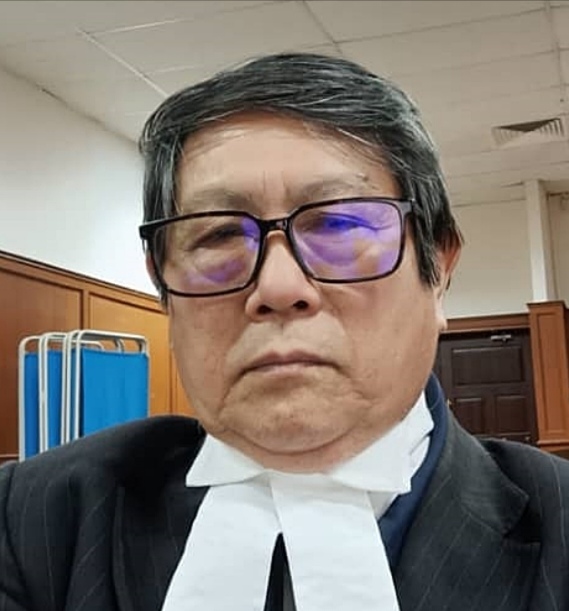By Voon Lee Shan, Parti Bumi Kenyalang
KOTA KINABALU: For Sarawak and Sabah to prosper, they must have full control over their own economy and resources. A nation cannot develop its human capital or distribute wealth fairly when it remains dependent on external powers. Without independence, Sarawak and Sabah will continue operating within a system where others decide how our wealth is used—and how much of it returns to our people.
Why Some Politicians Resist Independence
The resistance to independence is not accidental. It is tied directly to the enormous profits generated by essential industries such as electricity, petroleum, transportation, rice, sugar, and other strategic goods. These sectors are not merely commercial enterprises; they are the backbone of national wealth.
When such industries fall into the hands of powerful capitalists, political incentives change. Instead of prioritising the people’s welfare, some politicians choose to protect arrangements that benefit private interests. These lucrative sectors become bargaining chips where capitalists use influence—sometimes through unethical means—to secure control. As long as this structure remains, true reform will be resisted from within.
When Capitalists Hold the Wealth, the People Pay the Price
Once essential industries are dominated by private capital, the government is left with limited revenue. Instead of earning from its own natural and strategic assets, the state is forced to rely on taxation.
Meanwhile, the wealthiest 10%—the billionaire class—end up controlling both politicians and economic direction.
In reality, these capitalists, not elected leaders, dictate the course of the country.
This concentration of wealth at the top explains why ordinary people remain poor and why development crawls: the money that should fund public infrastructure, education, and social welfare is locked in private accounts, not circulating in the economy for the benefit of all.
Who Truly Controls Sarawak’s and Sabah’s Strategic Industries?
Sarawak Energy, formerly SESCo, and PETROS are critical to the state’s economic future. They manage our electricity and petroleum—resources that determine Sarawak’s financial destiny. How about Sabah?
For Sabah, Sabahans may also need to understand the roles played by Sabah Energy and by Tenaga Nasional Berhad (TNB) in Sabah.
The key question is simple but fundamental:
Are these entities genuinely controlled by the Sarawak or Sabah governments, or do private capitalists still hold influence behind the scenes?
If the latter is true, Sarawak’s or Sabah’s wealth remains vulnerable and incomplete, regardless of political promises.
How Independence Changes Everything
Independence is not merely a political slogan—it is the economic foundation for Sarawak’s future.
With independence:
Control over essential industries returns to the government and the people.
Private capitalists who have dominated these sectors would no longer dictate policy.
Profits from electricity, petroleum, transportation, and food essentials would flow back to the public treasury.
The government would have the resources to invest in development, uplift the poor, and speed up progress across the state.
Independence allows Sarawak to break free from an economic structure designed to enrich a few while limiting the growth of the many.
Conclusion
Sarawak and Sabah have the natural wealth to thrive. What we lack is the freedom to manage that wealth without external interference and without private interests capturing the benefits. Only with independence can Sarawak and Sabah ensure that their resources serve the people—not a small circle of capitalists.
Therefore, to solve poverty and accelerate development for Sabah and Sarawak, nothing short of independence from Malaysia should be the solution.


